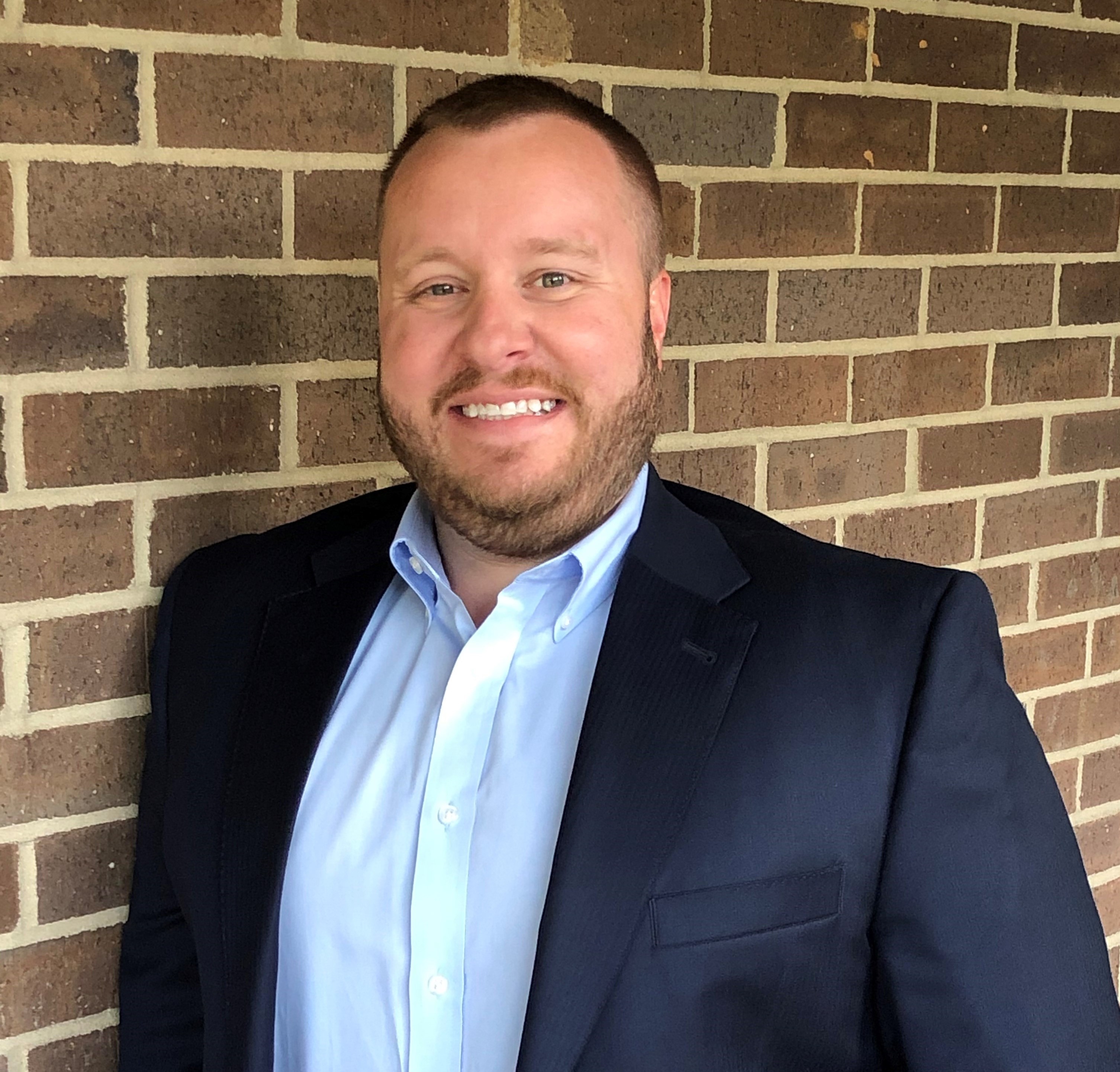Global View Investment Blog
Core Estate Planning Documents
Death and taxes may not be your favorite topics to consider, but estate planning is a crucial part of a financial plan. Given how hard you have worked to accumulate and preserve your wealth, you need a well-considered estate plan to ensure that your assets are used for your loved ones as you wish, even after your death.
For a more broad discussion on estate planning, please read our blog “Estate Planning for Everyone (Not Just Millionaires).” This post will focus on the core estate planning documents you should consider putting in place now if you do not already have them.
Every estate plan should include, at a minimum, a will, durable (financial) power of attorney and health care power of attorney. All clients, regardless of their level of wealth, should sign these documents:
Durable (Financial) Power of Attorney
This document will ensure that someone you trust can manage your financial affairs for you if you are ever unavailable or unable to handle them yourself. The power is “durable,” which means that it remains valid even after you become mentally or physically incapacitated, which is, of course, when it is most needed.
Depending on your circumstances and to whom you are granting this power, the document can be drafted to take effect immediately upon execution or only in the future if you become unable to handle your own affairs. The power of attorney is revoked by your death, at which time your personal representative (i.e., executor) and/or trustee will begin to manage your financial assets.
If you ever become incapacitated and you have not executed a valid durable power of attorney, your family may have to spend significant funds and emotional energy petitioning the probate court to appoint a conservator for you. That conservator will need to file regular, detailed accountings to the court to report all investments and disbursements made. Having a durable power of attorney can help you avoid this financial and emotional cost.
Health Care Power of Attorney
With this document, you can appoint a health care agent to make medical decisions for you if and only if you are incapable of making those decisions for yourself. You can also name alternate agents in case your preferred agent cannot serve. This document also allows you to make your wishes known with respect to organ donation, life-sustaining treatment and the use of artificial tube feeding and hydration. In South Carolina, there is no need for a separate “living will” document if you have a fully executed health care power of attorney.
In addition to executing these two powers of attorney, you will need to choose from one of the following two basic structures by which your assets will be disposed of after death:
Option 1: Wills, No Revocable Trust
For clients who do not need or want to undertake estate tax planning and who are not particularly concerned with asset-protection or avoiding probate, a fairly basic will can often serve as the sole dispositive document. The will would pass property to named beneficiaries and might include relatively simple trusts to hold property passing to any beneficiary under an age that you specify.
Option 2: Pour-Over Will with Revocable Trust
Many people wish to reduce their potential transfer tax liability, enhance asset protection for their children or other beneficiaries and/or avoid probate with respect to some or all of their assets. In such cases, I usually recommend having a “pour-over” will that directs all probate property that has not been placed into a revocable trust during lifetime into the trust at death where it can be disposed of according to the trust’s terms. Assets placed in the revocable trust during your lifetime (but not by the will at death) should not be subject to probate.
This plan could provide for outright distributions, or it could provide for property to be kept in trust for multiple generations of descendants. In most cases, the latter is preferable. In this case, a “Lifetime Trust” would be established for, say, each of your children after you have died, and each such trust would continue for the particular child’s lifetime. At the child’s death, any remaining property could pass as the child directs by his or her own will (if you wish to grant that power). If not directed, it could pass to his or her own children (or, if none, closest relatives) in continuing Lifetime Trusts for them during their lifetimes. You can define or limit a child’s power to direct remaining trust property as desired.
Each beneficiary can be given a high level of control over his or her own trust, if you wish. At an age that you choose, the beneficiary can serve as trustee of his or her own trust and can make distributions to him or herself for health, education, maintenance or support.
If for some reason larger distributions are needed, the beneficiary could appoint an independent trustee, who could make distributions for any reason that such trustee thinks advisable. The beneficiary could appoint or remove trustees as desired. Of course, if you do not want a particular beneficiary to control his or her own trust, you could require the appointment of another person or entity as the trustee. This could allow for (or you could require) professional management of the trust and help control any spendthrift tendencies a beneficiary might have.
This “dynasty trust” plan offers two key advantages over leaving property to beneficiaries outright:
- Enhanced asset protection: These trusts offer a high level of protection from creditors of the beneficiaries, so long as the property remains in trust. The assets you leave as an inheritance are thus less likely to be lost in a divorce, malpractice action or to another judgment creditor than would be the case if the property were owned by a beneficiary outright. (A creditor may be able to reach distributions that are taken from the trust, but if the beneficiary does not need distributions for support, the assets can continue to grow for future beneficiaries without being lost to a claim.) If you leave property to your children outright, there is a statistically significant chance that one or more of them will lose much of his or her inheritance to an ex-spouse. The asset protection offered by these trusts is highest if the child does not serve as the trustee and there is instead an independent trustee. Even if the beneficiary does serve as trustee of his or her trust, though, the protection should be much greater than it would be if he or she received an outright distribution.
- Transfer tax savings: In most cases, the inheritance should not be taxable in any person’s own estate for transfer tax purposes. Thus, you can pass property to or for the benefit of your spouse, children, grandchildren and/or more remote descendants without it ever being subject to estate or generation-skipping transfer taxes. The effective growth rate of assets over time could be greatly enhanced if there is no significant reduction by estate taxation.
In order to proceed with the estate planning process, there are a number of issues you will need to consider, including who you would like to handle your affairs as fiduciary under your various documents. While Global View cannot offer specific legal advice or draft documents, we can help you understand these issues and work with your attorney to ensure that you address key estate planning needs. In select cases when asked, I can help directly with document preparation through my law firm, Schumacher Law, LLC, which is a separate entity from Global View but through which I can work closely with your advisor.
I find that clients are always incredibly relieved once they have finished this important planning, which is often put off for longer than it should be. A short call to discuss any thoughts or questions you may have can make a world of difference. Please do contact us if we can help you.

Written by Matthew Crider
Matt is a CERTIFIED FINANCIAL PLANNER™ professional who has been in the financial advisory business since 2008. He holds a BA in Marketing and Management from the University of Cincinnati and his MBA from Clemson University. Prior to Global View, Matt began his career with Fidelity Investments. His specialties at Global View include asset accumulation and investment strategies; college funding strategies; budgeting discipline and analysis; multi-generational planning; and life event changes, such as marriage, kids, home purchase, retirement, etc.
Are you on track for the future you want?
Schedule a free, no-strings-attached portfolio review today.
Talk With Us






